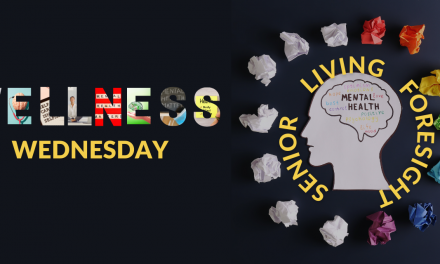By Steve Moran
Here is the question: Should you be friends with your work colleagues, particularly at the leadership level?
A Story
A number of weeks ago I was talking to a member of the paid staff in a not-for-profit organization that I am involved with. That organization has clearly stated values, goals, and direction, but an honest assessment is that, while looking pretty good on the surface, it is a hot mess and in the early stages of decline.
I have offered some assistance in getting back on track, but the egos are huge, and while the paid and volunteer leaders would likely acknowledge there are problems, they are all convinced they are NOT a part of the problem.
The paid staff is six people. As I was talking to this person, she said something that really startled me:
“I work with these people but would never be friends with any of them outside of work.”
I was really taken aback by this statement.
Friends at Work
Foresight similarly has a small team, and the team members are not only my work colleagues, they are my friends. I would be delighted to go do something outside of work with any one of them. And at the risk of being “boss delusional” (a real risk for every leader), I believe they feel the same.
This does not mean best friends or going on a weeklong vacation or getting lost together in the woods. But they are people who I know pretty well. We share (at an appropriate level) our struggles, joys, and victories.
Once or twice a year we gather for a few days — typically in conjunction with a conference —and I am not sure we get all that much work done, but we have a great time.
Research
There is research that demonstrates that having a best friend at work improves work performance and job satisfaction and retention. It turns out that when people are friends, they communicate better, encourage each other, and are more likely to step in and go the extra mile for a person that is struggling with their work.
Friendships can be a double-edged sword. In toxic organizations, it can lead to gossip, sabotage, decreased job satisfaction, and high turnover.
Your Teams
Whether you do or don’t have a best friend at work, it might be worth exploring whether or not your team members do. And if their answer is largely no, it might be worth thinking about how you might be the catalyst to make that happen.







